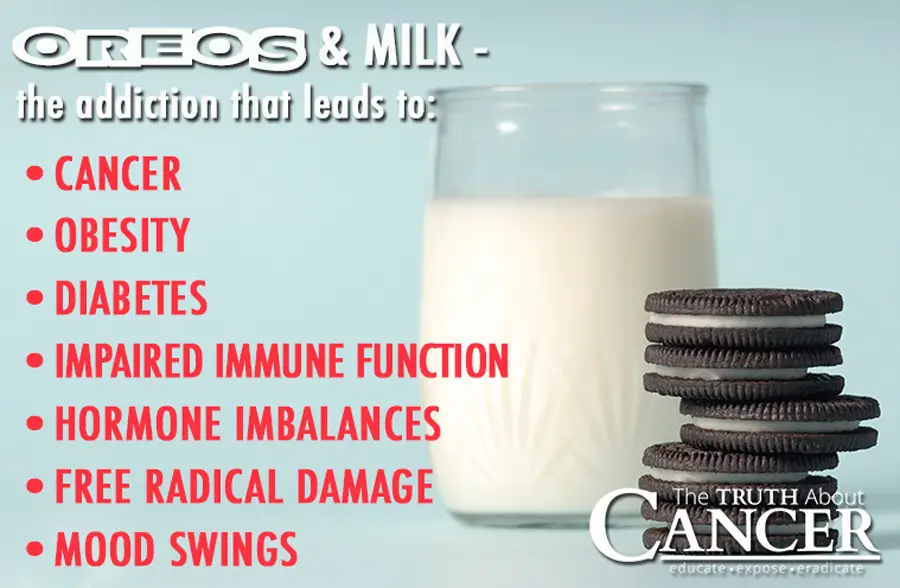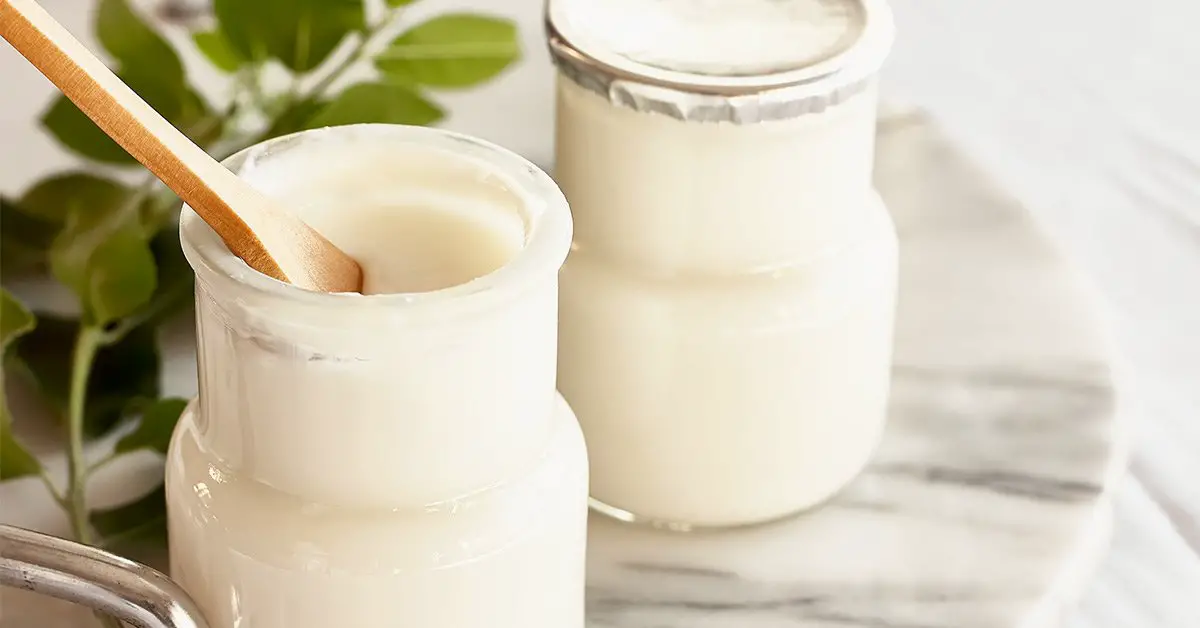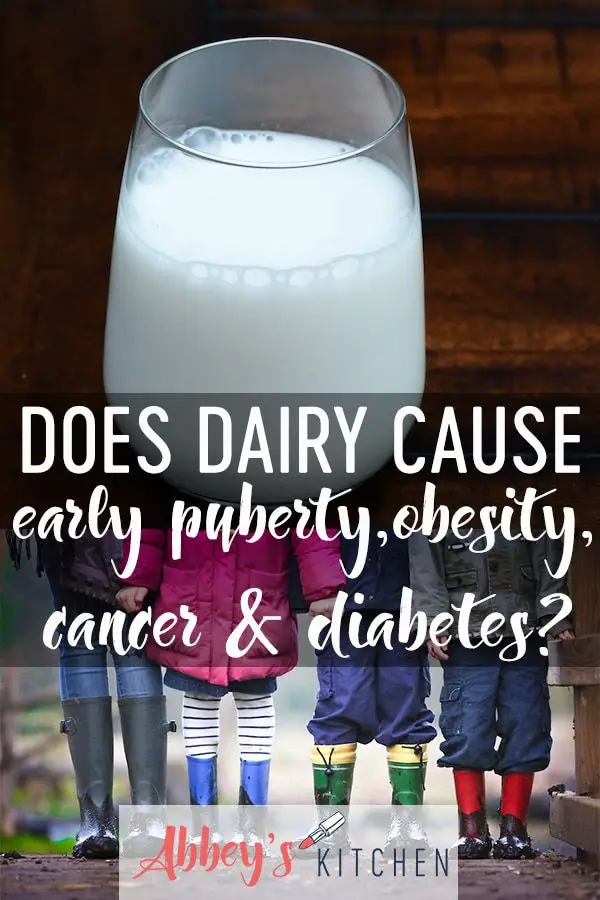Entree Vegetarian Kid Friendly Sponsored
This recipe was specially crafted to support cancer prevention and survival. It adheres to . Learn more about our .
Research shows that eating a mostly plant-based diet with whole grains, vegetables, fruits and beans plays a big role in preventing cancer and contributing to a healthier life. Plant foods are high in the types of fiber, nutrients and natural compounds that may help to prevent cancer. Colorful grapesgreen, red, purpleare a naturally sweet addition to a plant forward diet they contain resveratrol and a variety of other plant compounds that have been studied for their possible role in reducing cancer risk. Adding grapes, including bright red, candy flavored Gummyberry grapes, to this easy grilled cheese sandwich is a fun, fresh and flavorful way to gets kids and adults excited about eating more plants!
Treating Cancer With Food
While food plays an important role in preventing some cancers, the therapeutic value of food in treating existing cancer is less clear. It is true that a person with cancer needs excellent nutrition in order to better cope with the physical demands of the illness and the rigours of medical treatment.Claims that particular foods, vitamins or micronutrients can kill cancer cells should be viewed with scepticism. To date, there is little scientific proof that a particular food or supplement can cure cancer or destroy cancer cells.Nutrition for the person with cancer is important for many reasons, including:
- The immune system needs bolstering to fight at full strength.
- The diet may be adjusted to cope with various symptoms, such as constipation, diarrhoea or nausea.
- Loss of appetite or an increased metabolism means that high-energy foods may need to be included in the daily diet.
- Extra protein may be needed to help prevent loss of muscle from weight loss.
Ological Quality Of Included Reviews
The AMSTAR scores ranged from 1 to 8 out of a possible maximum score of 11. The median score and the IQR were 5 and , respectively. Thirty-eight per cent of the PMASRs had a score of 1â3 , and 55% had a score of 4â7 . Only 7% of PMASRs had a high score of 8 , with none reaching the maximum score of 11 . The 11 included systematic reviews and meta-analyses were mostly of moderate quality with 2 that were low and high quality. The domains of the AMSTAR tool in which most PMASRs scored the lowest were for search of âgrey literatureâ or âunpublished literatureâ, providing a list of included and excluded studies, and providing source of funding for each of the included primary studies in the PMASR. The domains of the AMSTAR tool in which most PMASRs scored the highest were for providing characteristics of included studies and using appropriate methods for pooling data from primary studies. The relationship between AMSTAR scores and the publication year of the included PMASRs is reported using a line plot in online .
Recommended Reading: What Sauce Is On Philly Cheese Steak Pizza
Nature Of Association Between Dairy Consumption And Gastrointestinal Cancers
The nature of association between various dairy exposures and the risk of gastrointestinal cancers is depicted in . Out of 14 cancer outcomes reported in the included PMASRs, the following 4 were gastrointestinal cancers.
Oesophageal cancer
Six meta-analyses explored associations between various dairy products consumption and risk of oesophageal cancer. Four meta-analyses showed non-significant associations between âall-dairy productsâ, milk, cheese or butter consumption and risk of oesophageal cancer. Two meta-analyses showed decreased risk of oesophageal cancer with higher yogurt or âall-dairy productsâ consumption.
Gastric cancer
A total of 11 meta-analyses explored associations between dairy consumption and risk of gastric cancer. Ten showed non-significant associations between âall-dairy productsâ, milk, yogurt, cheese or butter consumption and risk of gastric cancer. One meta-analysis showed decreased risk of gastric cancer with higher milk consumption.
Pancreatic cancer
Eight meta-analyses showed non-significant associations between whole milk, milk, low-fat milk, skim milk, yogurt, cheese, cottage cheese or ice cream consumption and risk of pancreatic cancer. None of the dairy products was shown to either decrease or increase the risk of pancreatic cancer.
Colorectal cancer
Evidence from systematic reviews and meta-analysis
What Foods And Drinks Are Linked To Cancer

Its hard to miss the barrage of headlines warning about cancers link to, well, just about everything, or so it seems. THIS IS THE BIGGEST CANCER CAUSING FOOD, AFTER READING THIS YOU WILL NEVER EAT IT ANYMORE, screams one headlinein all-caps to boot. Popular foods that could cause cancer, warns another. Top 11 cancer causing foods to stop eating right now, implores a third. With so much information coming at you, determining fact from fiction may be difficult. And the fact is, relatively few foods and drinks have been linked to cancer. Its easy to fall victim to claims on TV, on the Internet and in articles regarding foods or drinks that cause cancer, says Crystal Langlois, RD, LD, Director of Nutrition at our hospital near Atlanta. Its always a good plan to rely on information from reputable sources.
For a food or drink to be considered a carcinogen, strong evidence must link its consumption to an increased cancer risk and show how cancer may develop as a result. The World Health Organizations International Agency for Research on Cancer classifies carcinogens by determining how likely they are to cause cancer, with the scale divided into five groups: known, probable, possible, unclassifiable and probably not carcinogenic.
Foods and drinks the IARC considers carcinogenic to humans include:
Read Also: Does Babybel Cheese Need To Be Refrigerated
Health Concerns About Dairy Fact Sheet
Many Americans, including some vegetarians, still consume substantial amounts of dairy products. And government policies still promote these products, despite scientific evidence that questions their health benefits and indicates their potential health risks. Though dairy is marketed as an essential food for strong bones, there is more to the story. Some important things to consider include potential health problems like heart disease, certain cancers, digestive problems, and type 1 diabetes.
Hot Cheetos Are Great For Thermoregulation:
When youre hot or overheated, you may crave Hot Cheetos. Because capsaicin, the chemical that gives Hot Cheetos their distinctive spicy flavor, might help to cool your body down.
Capsaicin plays an essential role in thermoregulation, a process that helps your body maintain its internal temperature.
As a result, when you consume Hot Cheetos, you experience a warming feeling, which may cause sweating to help you cool down.
Recommended Reading: Are Taco Bell Nachos Good
How They Work And Potential Exposure
A microwave oven is powered by a device known as a magnetron. The magnetron converts electricity to microwave energy. When food is placed in the microwave oven, this energy causes water molecules within food to vibrate. These vibrations, in turn, cause the release of heat. During microwave heating, the actual structure of the food is not changed in any way.
When a microwave oven is working properly , very little microwave energy can leak out. According to the Food and Drug Administration , the amount that does so is considered to be well below the level that could cause harm to humans.
The Claim: Sugar Fuels Tumor Growth
All cells in our bodies, including cancerous ones, use sugar molecules, also known as carbohydrates, as their primary source of energy. But thatâs not the only source of fuel for our cells. Cells can use other nutrients, such as proteins and fats, to grow.
We have no evidence that simply cutting sugar from your diet will stop cancer cells from spreading. âIf are not getting sugar, theyâll start to break down other components from other energy stores within the body,â said Carrie Daniel-MacDougall, PhD, MPH, a nutritional epidemiologist at the MD Anderson Cancer Center in Houston and director of MD Anderson’s Bionutrition Research Core.
Scientists are, however, investigating whether certain diets can help slow the growth of tumors. For instance, some preliminary evidence from trials in rodents and humans shows that the ketogenic diet, which is low in carbohydrates and high in fat, may help slow the growth of some types of tumors, such as those in the rectum, when combined with standard cancer treatments like radiation and chemotherapy.
Although they don’t understand exactly how this might work, experts have some hypotheses.
The Verdict: Cutting sugar wonât stop cancer from growing, but early evidence suggests that a low-carb diet could enhance the effectiveness of certain cancer treatments.
Read Also: What Is In Taco Bell Nacho Cheese
Hot Cheetos Are Not Allowed In Some Schools:
Schools in California, New Mexico, and Illinois banned the food from being consumed on-campus a few years ago.
Flamin Hot Cheetos were designated prohibited by schools due to their lack of nutritional value. In addition, children were consuming far more than the prescribed portion size.
Also, the addictive nature of Hot Cheetos didnt help matters.
Foods That May Increase Your Cancer Risk
Some foods can increase your risk of type 2 diabetes and obesity, which are associated with certain types of cancer. Other foods contain carcinogens, which are harmful substances that have the capacity to cause cancer.
Its worth noting that exposure to carcinogens doesnt always cause cancer, though. It depends on your genetics, as well as the level and duration of exposure to the carcinogen.
With this in mind, lets dig into what research has discovered about which foods may increase your risk of different types of cancer.
- white rice
- sugary cereals
Eating a high concentration of sugary, starchy foods may put you at an increased risk of developing type 2 diabetes and obesity. According to a , both conditions promote inflammation and oxidative stress. This may increase your risk for certain types of cancer.
According to a , type 2 diabetes increases the risk for ovarian, breast, and endometrial cancer.
A high intake of sugar and refined carbohydrates may also lead to high blood glucose levels, which according to a 2017 study , may be a risk factor for colorectal cancer.
To limit the health effects of refined carbohydrates, try to swap these foods with healthier alternatives such as:
- whole grain bread
You May Like: Who Invented Babybel Cheese
Carcinogens That May Be Formed During Cooking
In the process of heating, chemical reactions may occur in some foods that result in the formation of carcinogens.
Acrylamides are chemicals that are formed when sugars and starches are heated at high temperatures and are classified as group 2A carcinogens according to the International Agency for Research on Cancer . While a few studies have found a link between acrylamide intake and cancers of the kidneys, uterus, and ovaries, most studies have not.
Whether microwave heating is more or less likely to result in acrylamide formation is uncertain at this time. Some studies suggest that microwave heating on high power may result in greater acrylamide formation, but the opposite may be true when microwaves are used to blanch or thaw foods on low power.
Why Hot Cheetos Are So Addictive

Hot Cheetos are crunchy, red, and addictive. People crave to have a taste of this delectable crunchy snack.
Ill just have one or two Cheetos, you say to yourself as you take a few crunchy puffs from a freshly opened bag. However, before you know it, the bag is empty.
In addition, its impossible to stop tasting the cheese and a layer of buttery-rich fat that melts on the tongue.
This addiction is what the manufacturers of Hot Cheetos aim to achieve.
Then, youre left with orange-colored fingertips and a smell of cheese dust under your nails, with a solid craving to consume more. Why this addiction?
You May Like: Do Babybels Need To Be Refrigerated
Does Burnt Food Cause Cancer
Medically reviewed by Stacy Kennedy MPH, RD/LDN, CSO
Have you ever left a meal in the oven for too long or set the toaster too high? Maybe youve fried something in a pan and really fried it. Burning food is a common occurrence but can these seemingly minor incidents put you at an increased risk of developing cancer?
Certain foods, when cooked at a high temperature, form natural chemicals that are classified as probable carcinogens, but studies suggest that these likely carcinogens are actually unlikely to cause the most common types of cancer.
Budwig Center Programs And Therapies Help With Candidiasis
At the Budwig Center, we use GSR and VEGA testing equipment as well to determine if our cancer patients are suffering from Candidiasis.
For treatment, we use selected herbs, homeopathic formulas, and a type of clay that literally coats the Candida fungus, preventing it from breathing and causing its subsequent destruction.
If you or a loved one are suffering from any form of cancer, you can receive a free consultation with a trained expert at the Budwig Center, so contact us today.
Recent Posts
Helpful Links
Recommended Reading: What Sauce Is On Philly Cheese Steak Pizza
Preventing Cancer Starts With Your Diet
Choosing good-for-you foods like fresh vegetables and whole grains is part of a healthy lifestyle.
But knowing which foods to avoid can be just as important as filling your plate with vibrant veggies and lean proteins. In fact, steering clear of some foods can actually help you reduce your risk of developing cancer especially colon cancer.
Its not a topic most people want to think about. But as Dr. Bogdan Protyniak, a colorectal surgeon at Geisinger Wyoming Valley Medical Center explains, taking a few preventive measures can pay off in good colon health.Colon cancer is very treatable in its early stages, says Dr. Protyniak. But because its symptoms can be difficult to detect early on, the best way to prevent colon cancer is to take preventive steps.That starts with your diet, which can affect your risk for colon cancer. In fact, certain foods may increase your likelihood of developing colon cancer by as much as 37 percent. Dr. Protyniak calls out three foods that you should avoid to reduce your risk of developing colon cancer.Processed and red meats
Not All Cheese Is Created Equal
Even with studies that do link cheese to an increased risk of breast cancer, its really hard to say that the risk had to do with the reproductive hormones in cheese . Importantly, certain types of of cheese contain a lot of saturated fat, which can lead to obesity, a known risk factor for cancer.
Dietary studies are hard to do, Dr. Cate said, explaining that to really isolate one food as the factor contributing to cancer risk, you need to have two groups of participants in the study, and you need to control everything else they eat.
Recommended Reading: What Is In Taco Bell Nacho Cheese
Reducing Carcinogens When Grilling/heating Meats
Preheating meats in the microwave prior to cooking may reduce the formation of both categories of carcinogens. By preheating meats in the microwave , the surface of the meat does not get as hot, and therefore there is reduced formation of HCAs. In addition, precooking and throwing away juices released may reduce the formation of PAHs. Decreasing the cooking time due to preheating can reduce the formation of both.
Myth Busters: Does This Food Cause Cancer
The internet is chock full of recommendations of what to add or remove from your diet to stave off cancer. Eat broccoli. Drink green tea. Cut sugar. Donât overcook your food. But how often do these claims hold water? Are there really superfoods that can prevent cancer or bad foods that can cause or worsen the disease?
Nutrition does play an important role in our overall health, and a poor diet can influence our chances of developing cancer. According to the American Cancer Society, about 1 in 5 cancers in the U.S. and about 1 in 6 cancer deaths can be linked to poor nutrition, being overweight, not exercising, or alcohol. The American Cancer Society recommends healthy eating habits, which include lots of vegetables, fruits, and whole grains, as well as limiting red meats, sugary beverages, highly processed foods, and refined grains.
But how does a specific food, or type of food, affect our risk of cancer? Here is the evidence — or lack of evidence — behind some of the most popular cancer-related diet claims.
Also Check: Where Can I Buy Brick Cheese
Health Concerns About Dairy
Avoid the Dangers of Dairy With a Plant-Based Diet
Milk and other dairy products are the top source of saturated fat in the American diet, contributing to heart disease, type 2 diabetes, and Alzheimers disease. Studies have also linked dairy to an increased risk of breast, ovarian, and prostate cancers.
A Simple Candidiasis Home Test

- Put a glass of pure water beside your bed at bedtime.
- First thing in the morning before you eat or drink anything, work up a good amount of saliva in your mouth and spit it into the glass of water.
- Leave this for 30 minutes and then return.
- If the salvia is still floating on the top, you do not have Candidiasis issues.
- If the salvia has legs going down, you have mild candida.
- If the saliva becomes cloudy specks as well, then you have a medium level of candida.
- Finally, if most of the saliva falls to the bottom of the glass of water, you most likely have a more advanced form of Candidiasis.
Although this is not a 100% accurate test, it provides a very good indication of whether or not you have candida issues.
Don’t Miss: Dominos Philly Cheesesteak Pizza
Does Dairy Cause Or Prevent Cancer An Objective Look
Cancer risk is strongly affected by diet.
Many studies have examined the relationship between dairy consumption and cancer.
Some studies indicate that dairy may protect against cancer, while others suggest that dairy may increase cancer risk.
The most commonly consumed dairy products include milk, cheese, yogurt, cream and butter.
This article reviews the evidence linking dairy products with cancer, looking at both sides of the argument.
